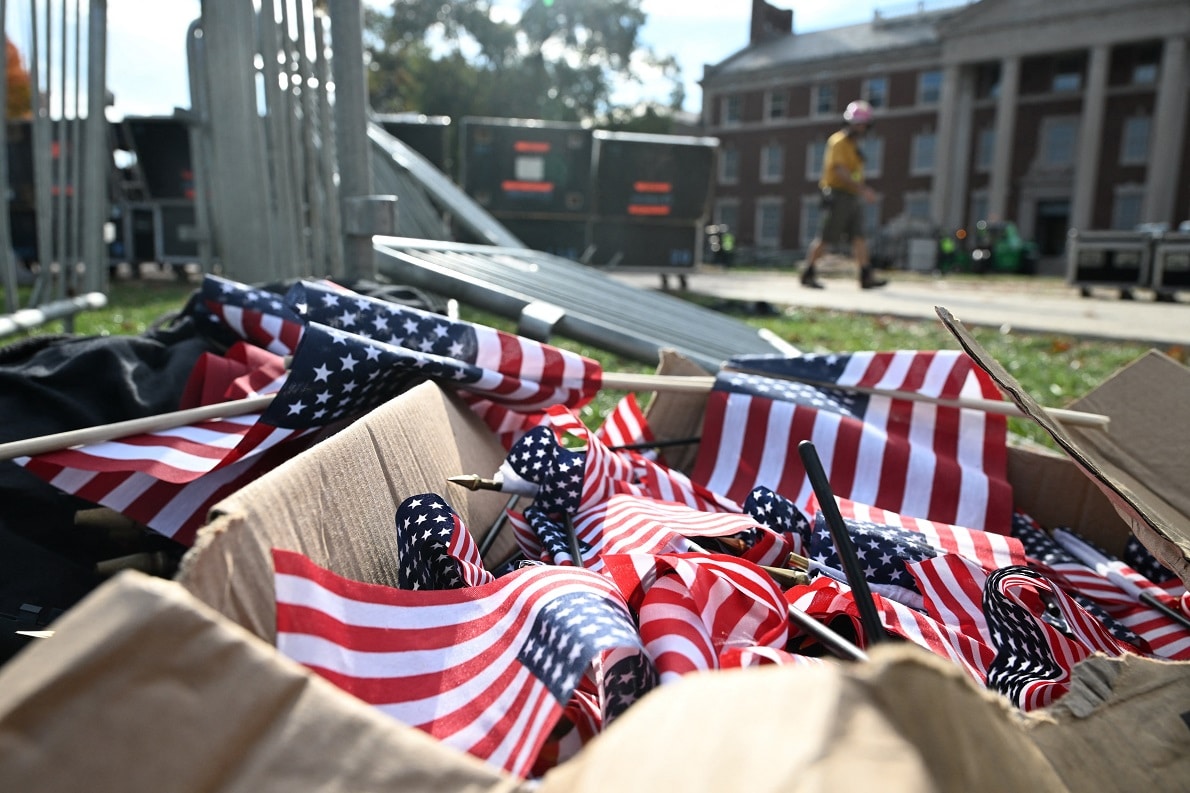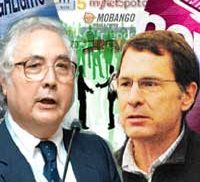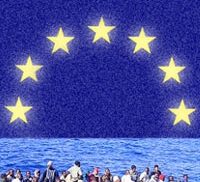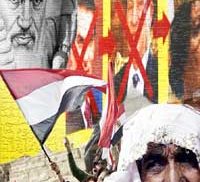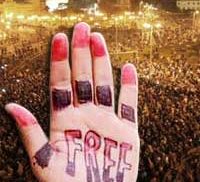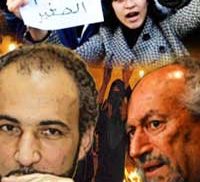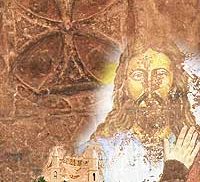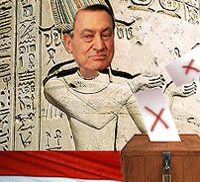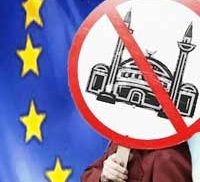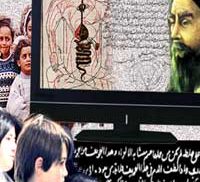Trump’s reelection personified a profound sense of disempowerment and disenfranchisement among many Americans. The constitutional patriotism that once anchored the nation’s cultural fabric is eroding, leaving citizens feeling that the boundaries of belonging no longer provide the support or cohesion they need. This void has been filled by inflammatory rhetoric and the scapegoating of migrants and minorities, reducing public discourse to a cacophony of accusations. What steps can the Left take to address these demands directly? Is there a path for populism to find a home on the Left, or has the idea of solidarity been irrevocably claimed by an ethnonationalist movement?
Dossiers
- Have social networks, mobile phones, new satellite channels and the integration of the old and the new media made the world more democratic? Or, have they instead strengthened the old and well-known forms of power? The latest media revolution began to have effects on society and politics a few years ago, from Spain to the Philippines, but recent uprisings in the Arab world have made its potential even more obvious. We debate this issue with Manuel Castells and Steven Livingston.
- The Arab uprisings, with all the uncertainties that characterize transitions, have led many to flee in search of fortune in the north, on the other side of the Mediterranean. While here the extreme right fans the flames of xenophobia (see Marine Le Pen and Mario Borghezio’s visit to Lampedusa), the Old Continent is faced with the dilemma of acceptance. In the meantime we have been to Tunisia to meet the migrants who dream of Europe.
- Islam does not appear to have played much of a role in the recent Arab uprisings. The young were moved above all by a desire for freedom and democracy. And yet, within certain Right-wing parties and the Middle Eastern regimes too, there are those who wave the spectre of the 1979 Iranian revolution, fearing that the fall of the old regimes will open the gates to radical Islamist parties, or even to movements close to al Qaeda. Do such risks really exist?
- We knew that that the question about Islam and democracy being compatible was badly worded, since we knew Indonesia and Malaysia were different… But the Arab world did have a problem with democracy. Current events are providing an answer to this problem. Although this is just the beginning, things look promising and there are signs of an answer in the Tunisian and Egyptian revolutions, while Libya revolts against Gaddafi’s 42-year long dictatorship with blood being shed.
- The Arab people are taking their destinies into their own hands. They are led by tired and angry young people just as those who, in 1989, rebelled against communist regimes in Eastern Europe. But who are these new leading players in Arab history inspired by? (Also read our interviews with Saad Eddin Ibrahim and Tariq Ramadan as well as the article by Massimo Campanini)
- It has been called “the first Arab revolution.” The Tunisian people have deposed their dictator and the world remains amazed, both the westerners who had until now defended despot Ben Ali and the regimes that now fear they will meet the same destiny. Should Egyptian President Mubarak be afraid in this presidential election year? We asked Tariq Ramadan and Saad Eddin Ibrahim.
- After the violence against Christians in Baghdad came the attack in Alexandria against the Copts. The Middle East is becoming increasingly dangerous for minorities (in particular religious minorities) although they are a real cultural and economic treasure, all the more so in societies in which democratic dialectics and pluralism are still an illusion.
- Things went even worse than expected. Recent elections held in Egypt amidst ballot-rigging and political arrests were triumphantly won (in rather a suspicious manner) by President Mubarak’s party, which won fourth-fifths of the seats. Not even one representative of the Muslim Brotherhood was elected and turnout was extremely low. Mubarak has little to fear from external pressure seeing that many (France and Italy) describe him as the leader of a “moderate” Arab state. How long is this lie going to last?
- There is no peace for immigrants. Following a campaign characterised by xenophobic tones, the Swiss have said yes to deporting all foreigners who commit crimes. The new referendum was held a year after the one that resulted in the construction of minarets being banned. Is open society now at risk in Switzerland? ResetDoc posed this question at a conference organized in Zurich and we are publishing here the papers presented (Click here to download the article in the Neue Zürcher Zeitung).
- Technical and scientific progress were once the pride of Arab history. However, as shown in the recent past by relations within the United Nations, they now appear to be only a vague memory. And yet something is moving again. Arab scientists and journalists are attempting to bring science closer to Arab popular culture, not only because the economy needs new brains, but also to remove a dangerous sense of inferiority from society regarding the West. This has resulted in the appearance of exhibitions, festivals and even a reality show on this subject.


